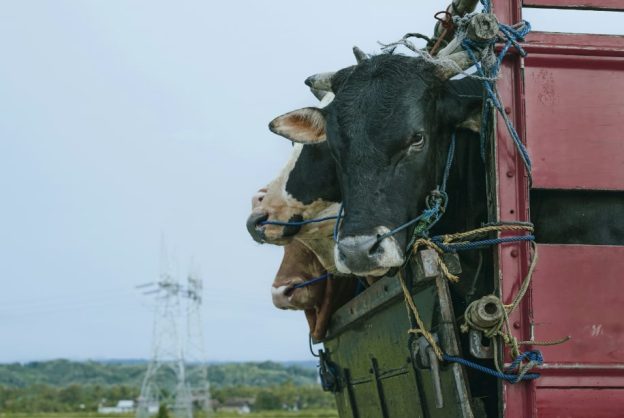One of the most crucial aspects of protecting the agricultural industry is ensuring we do everything to maximise animal health. This protects the animals, consumers, and other stakeholders. However, there can be a number of factors that make it difficult. Transportation is particularly problematic. We want to have a closer look at it today, focusing on why it can be a massive problem.
Travelling
The thing to keep in mind here is animals can end up travelling long distances at various points. This could be trips to different farms, for processing, and more. Some of them can be short distances from one farm to another. However, in some cases they can travel hundreds of miles.
The main issue is animals can transport pathogens and parasites with them. It can lead to massive outbreaks of disease. They can spread quickly from an epicentre to various other areas. People could also encounter them while the animals are being transported, particularly on roads.
To give an idea of how bad this situation can be, you have to consider that millions of animals can be transported every year. Any of them could be carrying disease. An outbreak could happen easily, and the spread can be very difficult to control. It can be seriously harmful to animal health and people.
Conditions
It is also a worse situation when you consider the conditions during transport. Animals are often cramped together in transports. They can have poor ventilation and face issues with contact with effluent. As a result, disease can spread rapidly through a herd.
There is actually a condition known as “shipping fever”. It is another name for bovine respiratory disease. Cattle can experience it because of the conditions during transportation, including exposure to extreme cold and heat. It can compromise the animals’ immune systems, leading to the illness.
Another issue is that sometimes animals from numerous different farms come into contact during transportation. It is especially common at holding facilities. This means that disease can easily spread from herd to herd.
How to improve transportation?
There are a number of things to try here to improve animal health. For one, steps should be taken to reduce the stress on animals. They should never spend too many consecutive hours in transports. Instead, there should be breaks to let them out to rest, get air, food, and water. Plus, the transports themselves should be suitable and not overly cramped.
Animals should also get more frequent veterinary care. They can lack this during long journeys. So, to account for that there should be checks prior to transport. This will ensure animals are healthy. Tests may be necessary to check for the most serious diseases.
Plus, it is important to make use of identification and tracking systems. These log the movements of animals throughout the lifecycle. It can make it easier to see where they have been and other animals they have come into contact with.
Do you need help with animal health?
JS Hubbuck Ltd knows how crucial it is that farmers take good care of their animals. It protects food supplies and also reduces the risk of zoonotic disease outbreaks. Crucially, it is vital to give herds enough space and regular vet care. The goal should be to prevent disease as much as possible and to stop it from spreading, particularly over large geographical areas.
If you need some help with animal health, you can speak to us. We’d be happy to advise about the various products we offer.

